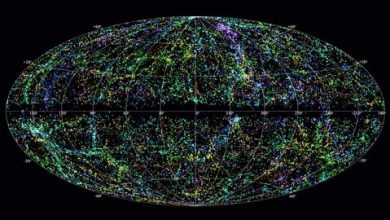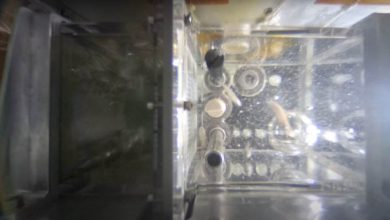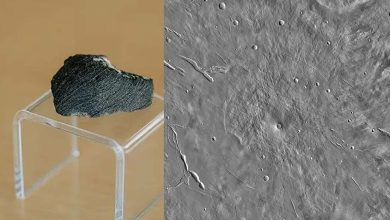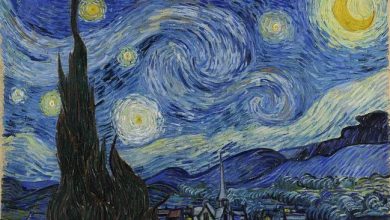New Research Reveals: Possible connection between dark energy and black holes
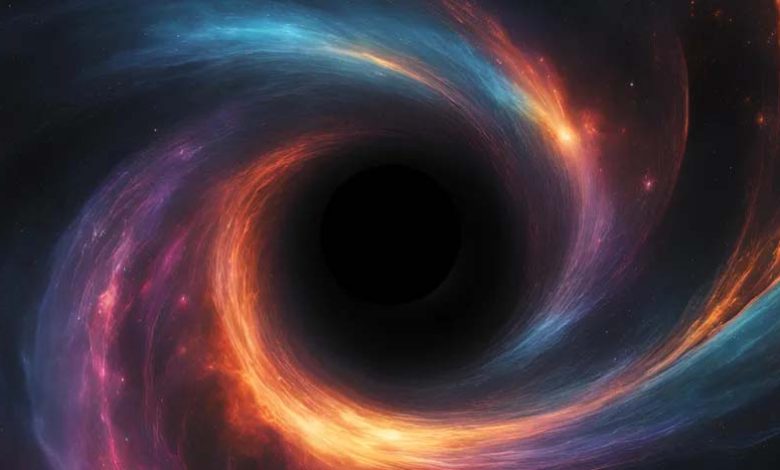
Science: Scientists have solidified a possible connection between dark energy and black holes. New research shows that as more black holes were born in the 14.6-billion-year-old universe in a “smaller Big Bang reverse replay,” the strength of dark energy grew and continues to change today. Dark energy is the placeholder name given to the mysterious force accelerating the expansion of the universe in the current epoch. This is troubling because scientists don’t know what dark energy is, yet it dominates our universe, accounting for about 70% of the cosmic matter/energy budget. However, this wasn’t always the case. Before the dark energy-dominated epoch, matter and gravity ruled the universe and succeeded in nearly halting its initial Big Bang-driven expansion.
Dark energy then “hit the gas” on the expanding universe and delivered its cosmic coup about 5 billion years ago. The problem is that no one knows where it came from or how this shift from matter to dark energy happened. To solve this mystery, a team of scientists is asking themselves where in the modern universe is gravity as strong as it was at the beginning of the universe? The answer lies only in the center of a black hole. Thus, the team determined that black holes may be “cosmically coupled” to dark energy. “According to the cosmically coupling hypothesis, black holes are coupled to the expanding universe and are filled with dark energy that increases with the expansion of the universe,” team member Gregory Tarle, a professor of physics at the University of Michigan, told Space.com. “This new development provides convincing evidence that cosmically coupled black holes may very well be the dark energy of the universe.
” Tarle says this may be because when a black hole forms during the death and gravitational collapse of another black hole, it is like the Big Bang running in reverse. During this process, the matter of the massive star that gave birth to the black hole will become dark energy during its complete gravitational collapse. If black holes contain dark energy, the team believes they can interact with the structure of the universe to drive its rapid expansion. They don’t yet have the details of how this is happening, but they have evidence that it is indeed happening. “This new development provides confirming evidence that cosmically coupled black holes may be the dark energy of the universe,” Tarley said. “This is very likely to get us closer to discovering the true nature of dark energy. Perhaps it will even get us closer to understanding the true nature of black holes.”

